Bangkok Metropolitan Administration Model of Preventive Long-Term Care
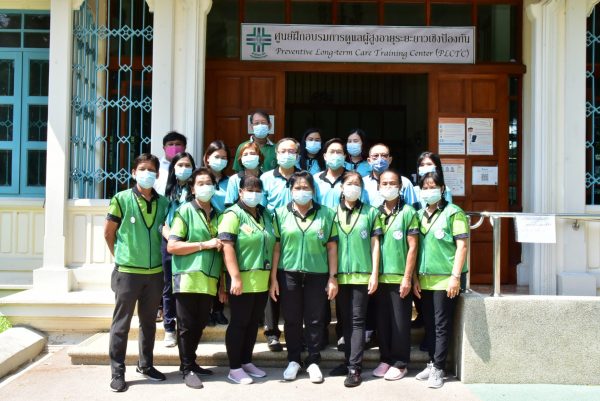
BMA is introducing the concept of preventative long-term care to Thai communities. The program aims to promote physical and mental wellbeing through locomotion training and “cognicise” in almost 70 community sites across Bangkok.
CARES4WOUNDS
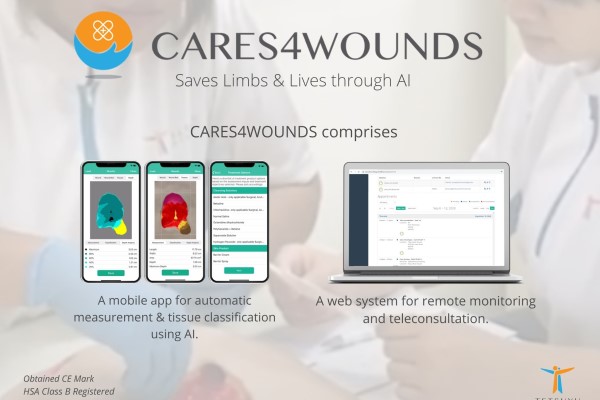
CARES4WOUNDS uses digital technology and artificial intelligence to provide a comprehensive system for wound assessment and management. Chronic wounds are particularly prevalent among older people in care facilities and this innovation streamlines the process for evaluation and treatment.
Health Promotion for Elderly in Northeastern Thailand Using Japan’s Self-Sustained Movement (SSM) Program
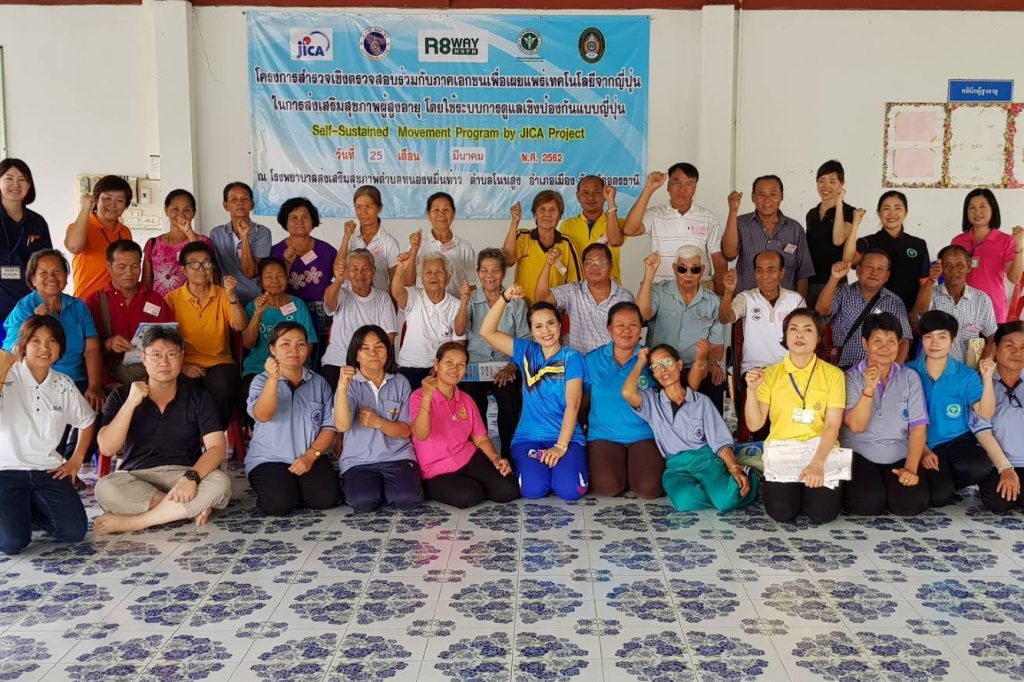
Hatachi Industry has worked in close collaboration with Thai partners to transfer their know-how for a preventative care system that can meet the needs of older Thai people. The program has been particularly effective at identifying and supporting frail older people who may soon require nursing care.
STRONG Program—A Collaborative Municipal-Community Model for Comprehensive Elderly Care
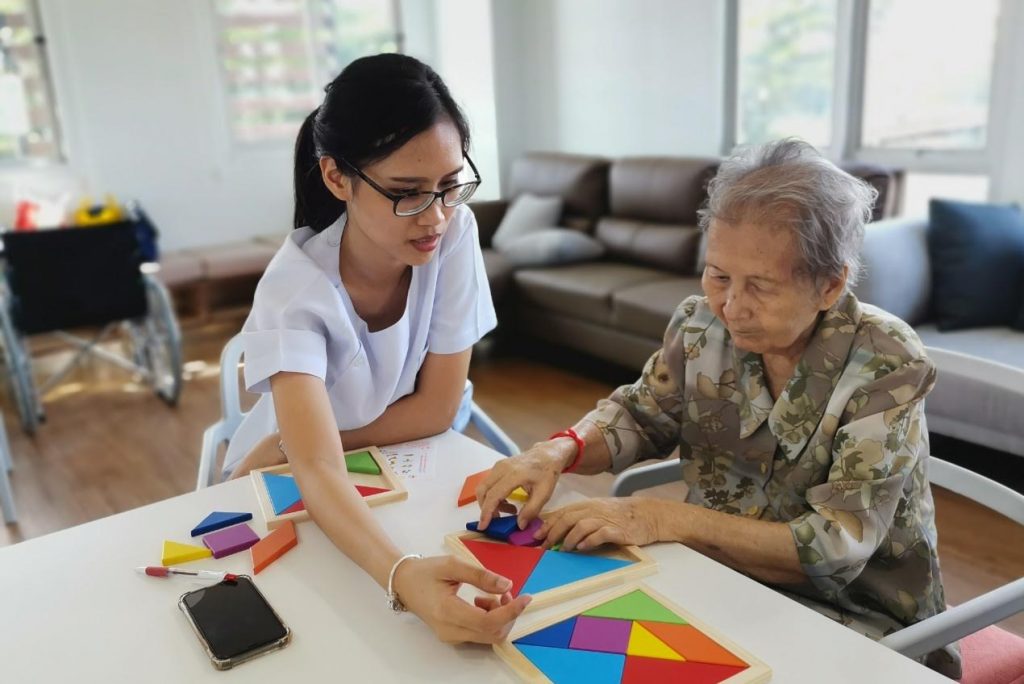
Bueng Yitho municipality uses a bottom-up grassroots approach to provide a continuum of care for older people with a wide range of needs in their community. Based on the success of their program at the local level, they have developed a framework for disseminating STRONG to other local governments in Thailand.
Houston Apollo Model –Sustainable Intelligent Community Health Service for Older People In Remote Areas
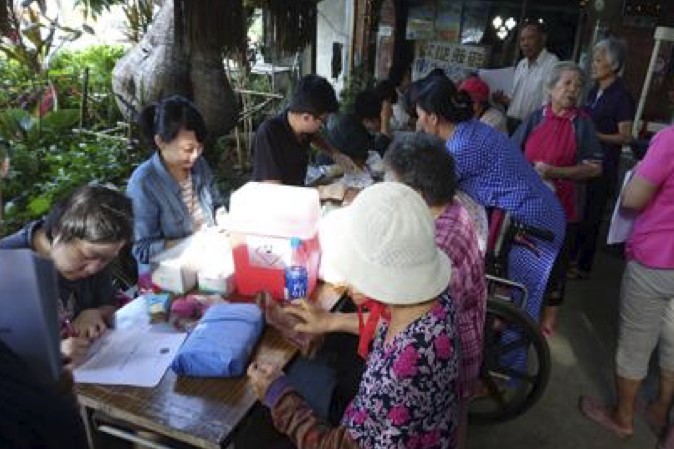
In Yunlin County, Taiwan, the “Houston Apollo Model” leverages telemedicine at community meal service sites to provide healthcare to older residents. This approach has improved health outcomes and medical resource utilization, addressing rural healthcare disparities.
“Taiseikai-Style” Care to Improve Problematic Behaviors Associated with Dementia and Let People Live True to Themselves
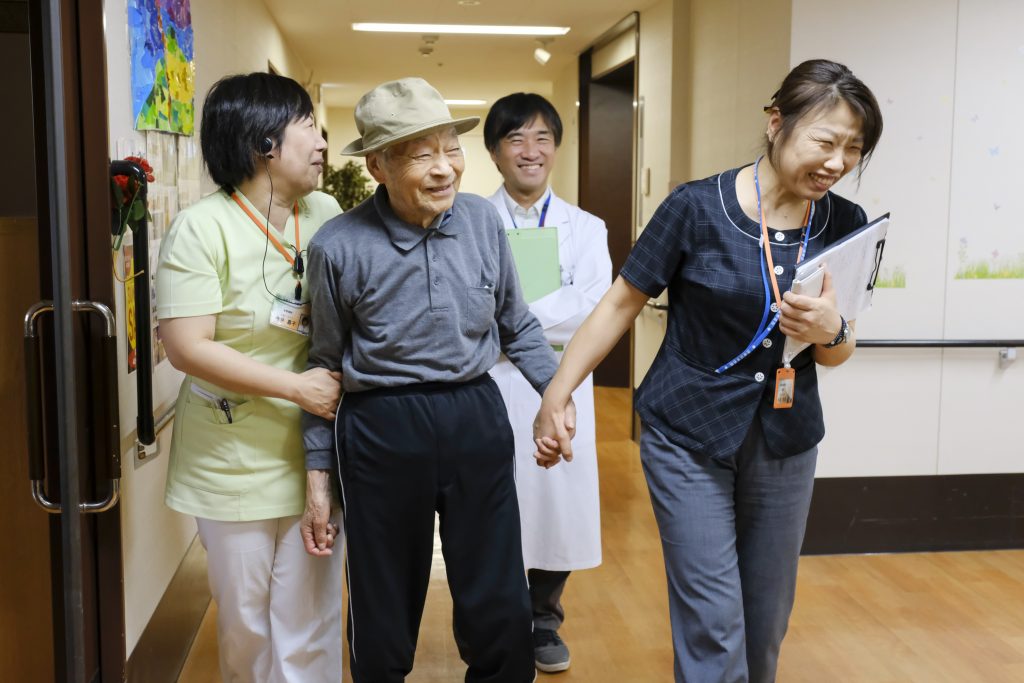
The Taiseikai Group, a medical corporation in Japan, has been committed since 2002 to protecting the dignity and health of people with dementia through “Taisekei Style” care—using zero physical restraints in their facilities and instead combining care content and supportive methods to alleviate behavioral disorders associated with dementia.
WheeLog!—An Accessibility Map Application Created by Everyone
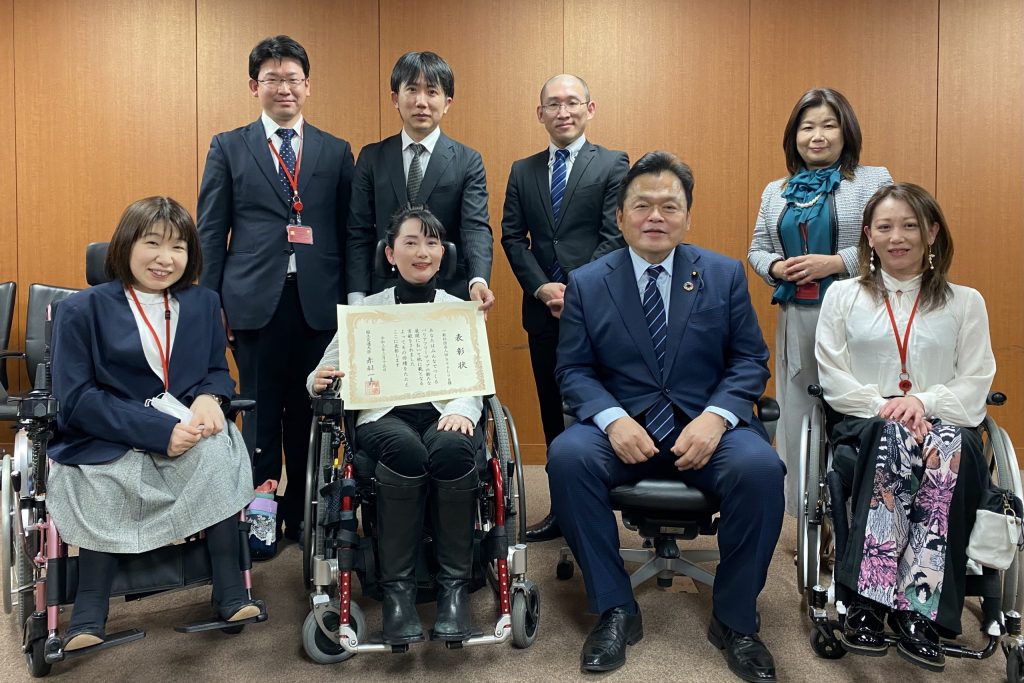
WheeLog!, an app for cellphones and computers, helps wheelchair users access barrier-free information about public spaces in Japan. It’s a crowdsourced map showing the actual routes taken by wheelchair users. The app aims to create an inclusive society by organizing city strolling events, where participants experience using a wheelchair.
Accompanying the Elderly to Face the COVID-19 Pandemic
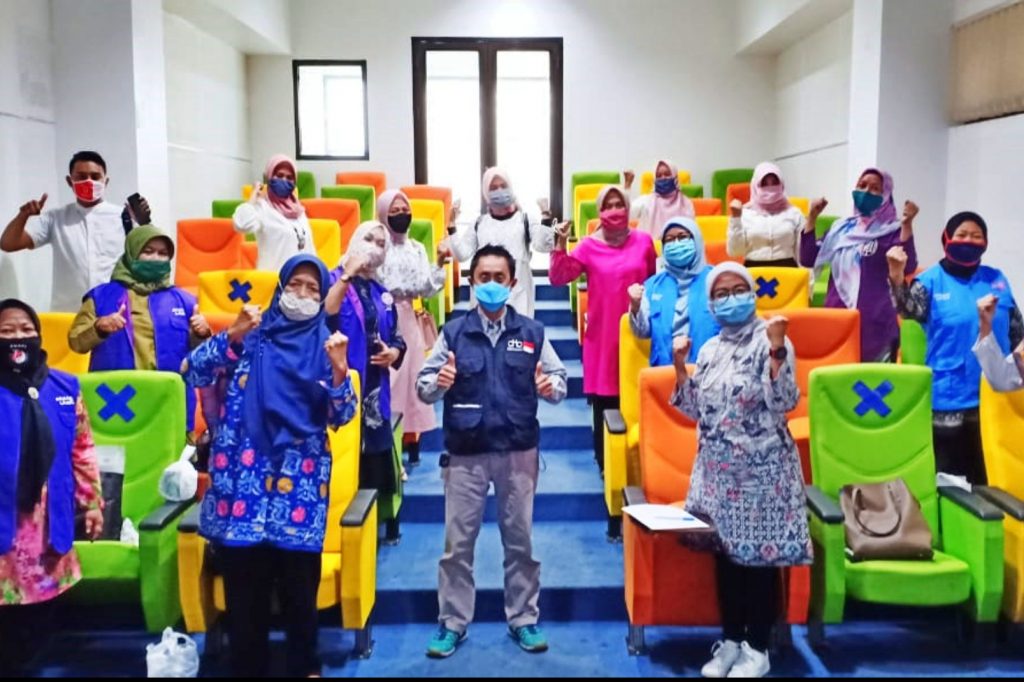
In response to the COVID-19 pandemic, IRL quickly developed a home visit program, which aimed to minimize COVID-10 transmission and meet the biological, psychological, and sociocultural needs of older people.
Capacity Building for Caregivers and Older Persons for Contactless Deliveries using Indoor Autonomous Robots during the COVID-19 Pandemic
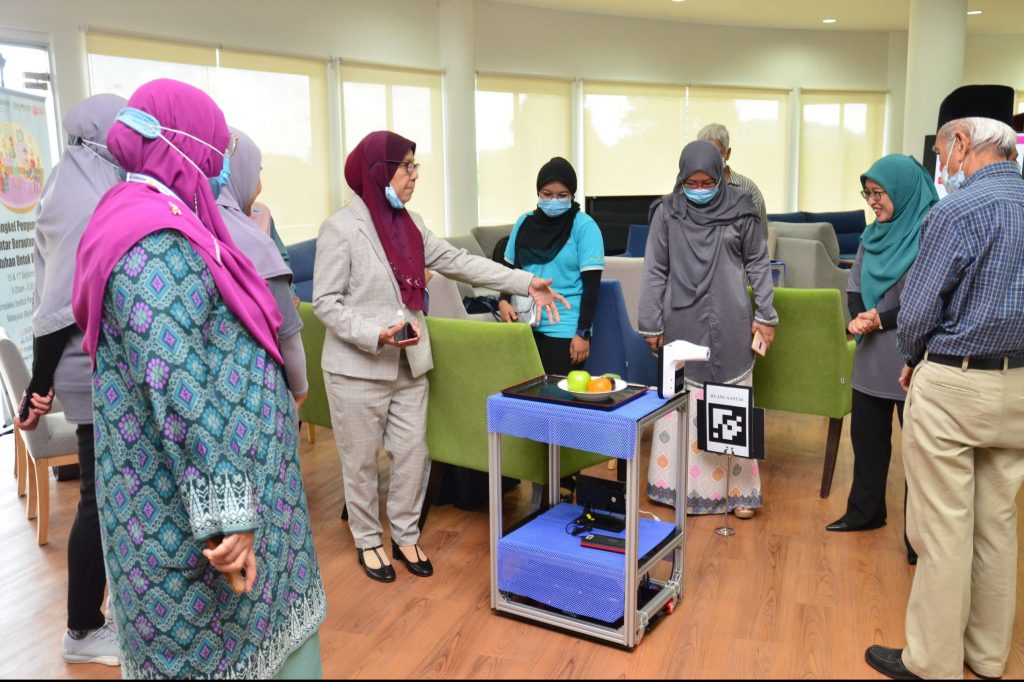
During the COVID-19 pandemic, contactless delivery suddenly became a critical tool to limit the spread of the disease and facilitate social distancing. The Malaysian Research Institute on Ageing launched a program in 2020 to respond to this need, developing an autonomous robot that could make contactless deliveries in long-term care settings.
The Matsudo Project: A New Urban Model for Reducing the Need for Long-Term Care in the Post COVID-19 Era
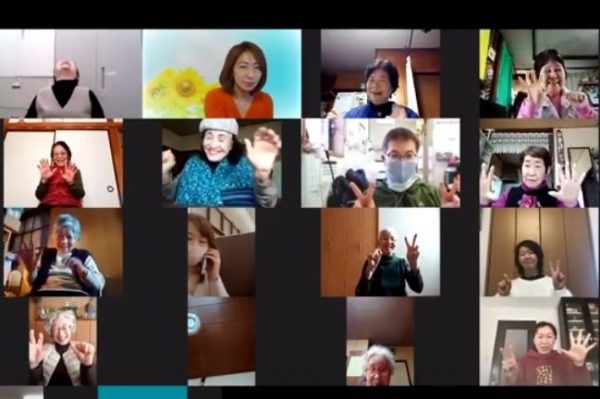
The Matsudo Project offers free online Kayoinoba classes in response to the challenges of its aging population and the COVID-19 pandemic. These classes provide older people with opportunities to connect with each other and across generations and to become more confident to use technology in their everyday lives.

